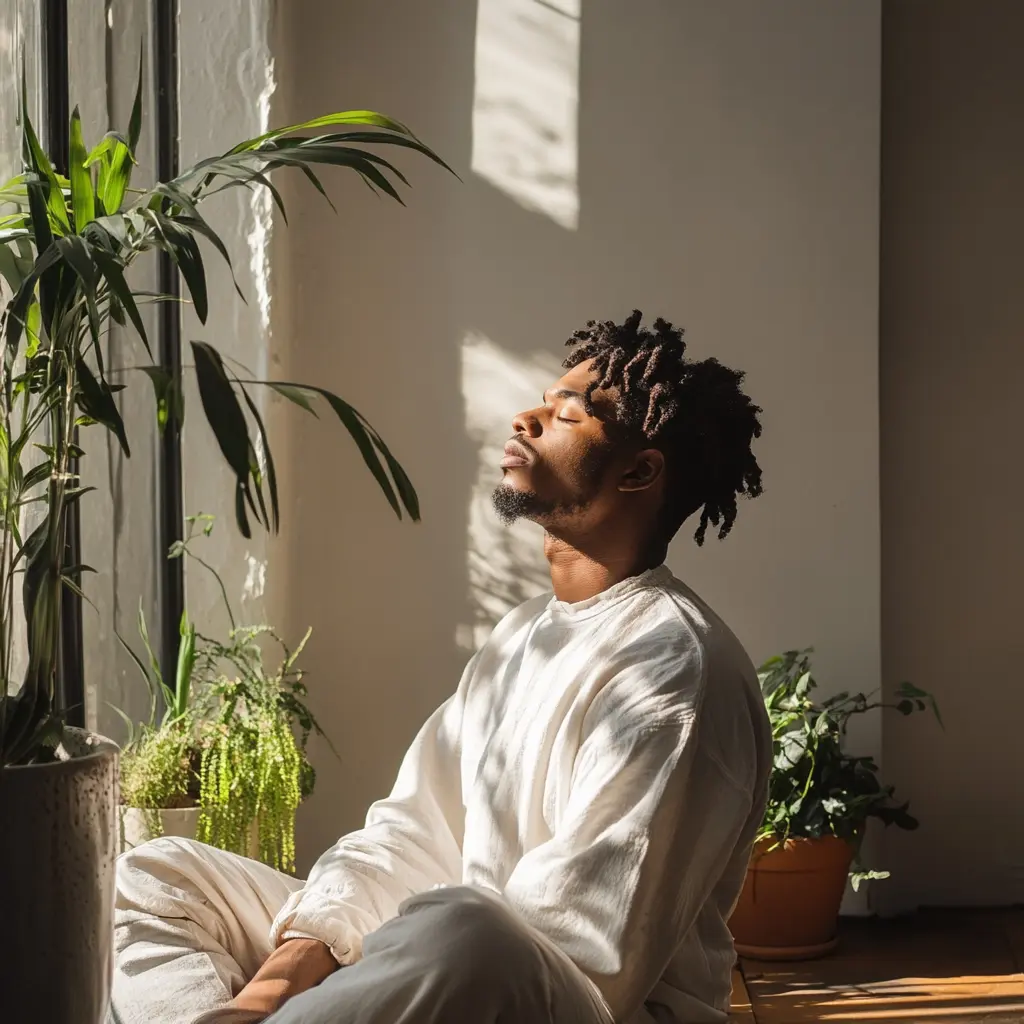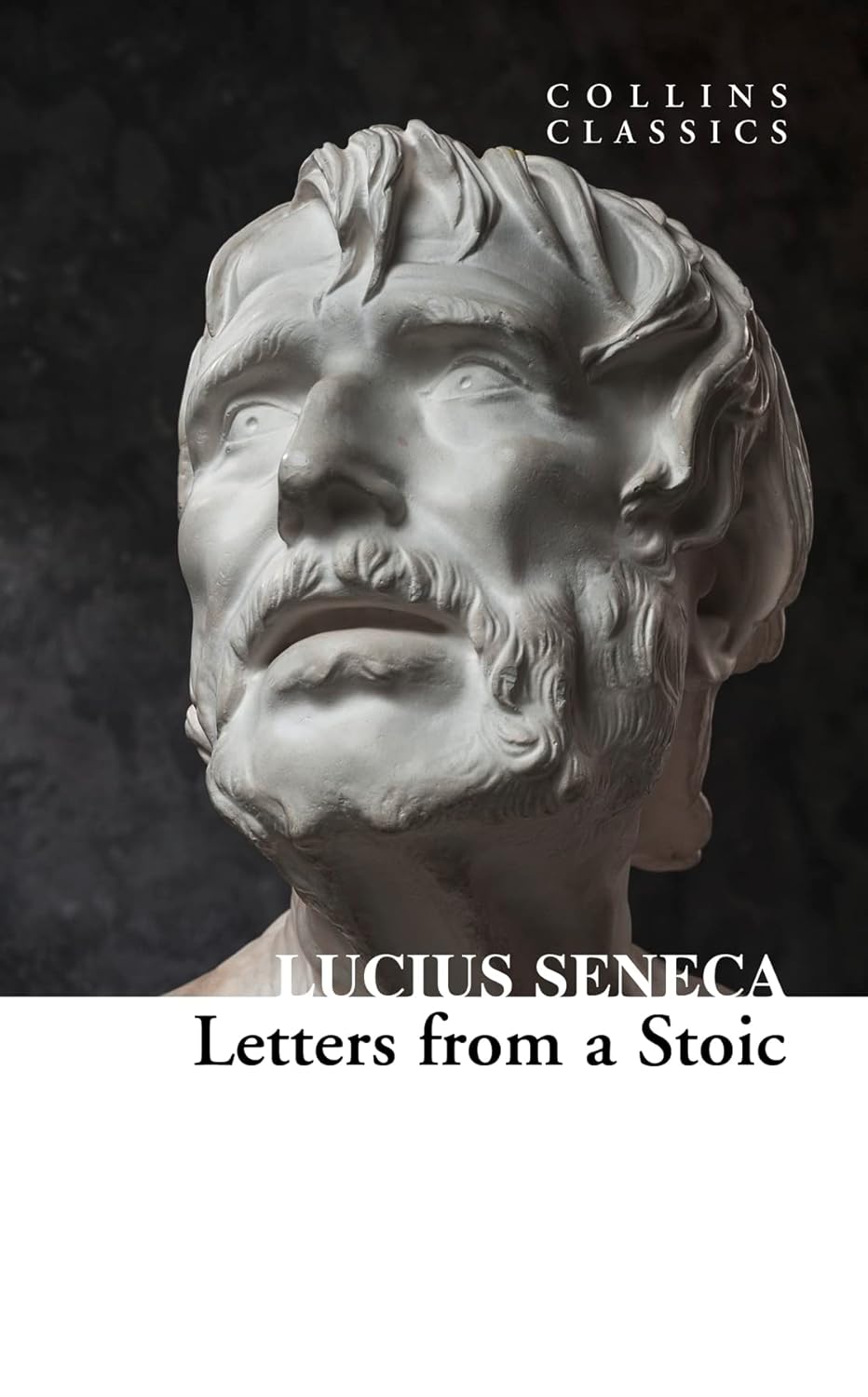
The Power of Stoicism and Meditation: Finding Calm in a Chaotic World
In today’s busy world, stress, anxiety, and constant distractions can easily take over our minds. But what if there were ancient practices that could help you find peace, focus, and resilience — no matter what life throws your way?
Enter Stoicism and Meditation.
Both offer simple, powerful tools to build inner strength and serenity. And when combined, they become a life-changing practice.
What is Stoicism?
Stoicism is an ancient Greek philosophy that teaches the art of focusing only on what you can control and letting go of the rest.
It’s about cultivating self-discipline, gratitude, courage, and wisdom in everyday life.
As Marcus Aurelius, the famous Stoic emperor, once said:
“You have power over your mind – not outside events. Realize this, and you will find strength.”
In short: Stoicism helps you stop wasting energy on things you can’t change and instead, master your reactions and mindset.


What is Meditation?
Meditation is the practice of training your mind to stay focused, calm, and aware.
It’s not about “emptying your mind” — it’s about noticing your thoughts without getting caught up in them.
Even just 5–10 minutes a day of meditation can:
- Reduce anxiety
- Improve concentration
- Increase emotional resilience
- Create a deep sense of inner peace
Meditation is like mental fitness — the more you practice, the stronger your mind becomes.
How Stoicism and Meditation Work Together
At first, Stoicism and meditation might seem different — one is a philosophy, the other a mental exercise. But in reality, they complement each other beautifully:
| Stoicism | Meditation |
|---|---|
| Teaches you to manage emotions | Trains you to observe emotions |
| Helps you accept what you can’t control | Helps you stay present with what is happening |
| Builds inner resilience | Builds inner calm |
Together, they create a powerful mindset: calm, focused, and unshakable.

3 Simple Ways to Start

1. Morning Reflection (5 minutes)
Every morning, ask yourself:
- What is in my control today?
- What is outside my control?
Set the intention to focus only on what you can control.
2. Mindful Breathing (5 minutes)
Sit quietly. Breathe deeply.
When your mind wanders (and it will!), gently bring your focus back to your breath.
This strengthens your ability to stay calm under pressure.


3. Evening Journaling (5 minutes)
Before bed, write:
- What did I do well today?
- What could I improve next time?
- What can I let go of?
This practice helps you grow without judgment, just like a true Stoic.
Bringing It All Together: Finding Inner Peace Through Stoicism and Meditation
You don’t have to be a philosopher or a monk to live a calmer, more resilient life. The teachings of Stoicism and the practice of meditation are simple, timeless, and accessible to anyone.
When combined, they offer a powerful way to build mental clarity, emotional strength, and lasting peace — no matter how chaotic the world becomes.
Inner calm isn’t found outside of us. It’s something we can cultivate, one mindful moment at a time.

“True peace isn’t the absence of chaos — it’s the strength to remain calm within it.”


The Best Magnesium Supplements: A Scientific Overview
One essential component of physical and mental well-being is the mineral magnesium, which plays a crucial role in numerous physiological processes including muscle and nerve function, blood glucose control, and protein synthesis.

A Stoic’s Guide to the Best Organic Coffee
In the pursuit of a serene and virtuous life, the Stoics often emphasized the importance of simplicity and natural living. As we navigate our daily routines, it is crucial to align our choices with these principles, even in the seemingly mundane act of enjoying a cup of coffee.

Best Face Moisturizer For Stoic Beauty
In the pursuit of a serene and balanced life, our skincare routines can serve as a daily reminder of simplicity and natural beauty. Stoicism teaches us to focus on what is essential and to find peace in simplicity.

Letters From A Stoic by Seneca
“Letters from a Stoic” is a collection of 124 letters written by the Roman philosopher Lucius Annaeus Seneca to his friend Lucilius. These letters, often referred to as the “Epistulae Morales ad Lucilium,” are a significant part of Seneca’s philosophical legacy and provide insights into Stoic philosophy and practical wisdom.
